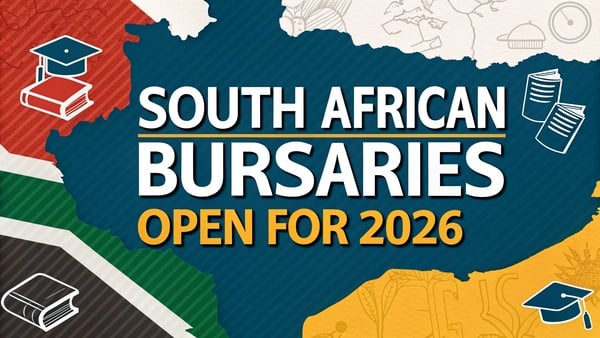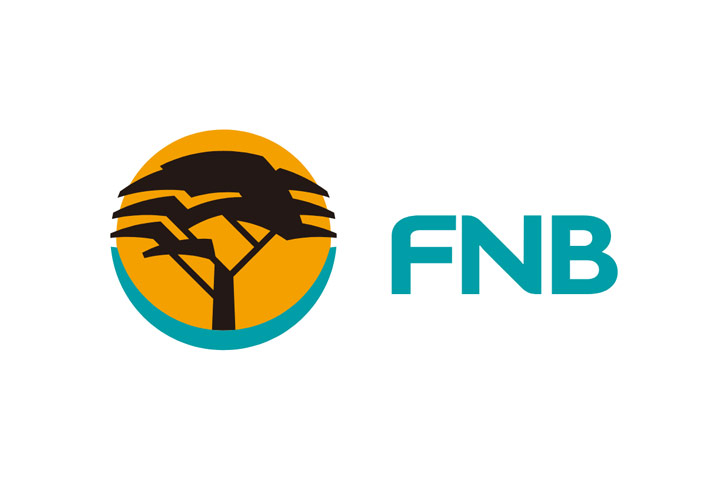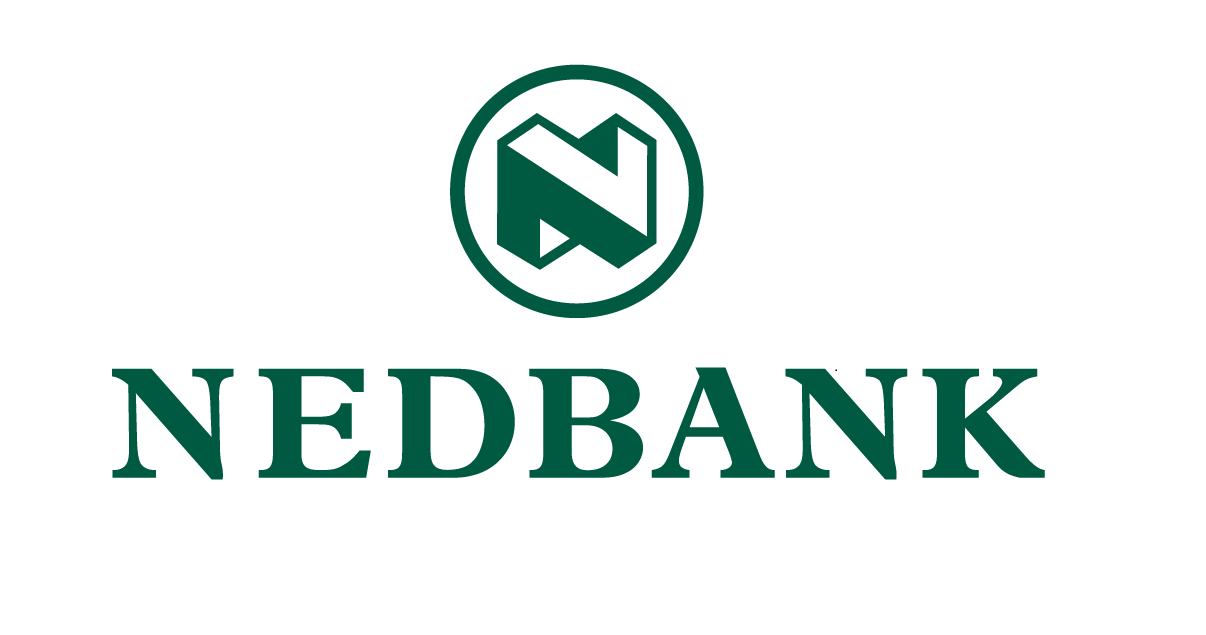Introduction
South Africa’s business and management sector is one of the fastest-growing areas of employment. From entrepreneurship to corporate management, skilled professionals are needed to drive growth in finance, marketing, supply chain, human resources, and leadership roles. However, the cost of pursuing a business or management degree can be high, making it difficult for many students to achieve their dreams.
This is where Business and Management bursaries 2026 step in. These bursaries provide financial support to deserving students who want to study in fields such as Business Administration, Management, Economics, Marketing, Finance, and Entrepreneurship.
In this guide, we’ll cover why you should study business, who can apply, top bursaries in 2026, how to apply, and tips to secure funding.
Why Study Business and Management in South Africa?
Business studies remain among the most popular degrees because they open doors to various industries. Some reasons to choose this path include:
- Diverse career opportunities – Work in finance, marketing, HR, supply chain, or become an entrepreneur.
- High demand for skilled professionals – Companies constantly seek managers and leaders.
- Transferable skills – Business knowledge can be applied to almost any industry.
- Pathway to leadership – Many CEOs and executives have business or management degrees.
Who Can Apply for Business and Management Bursaries 2026?
Most bursaries are open to a wide range of applicants, but requirements typically include:
- Must be a South African citizen with a valid ID.
- Be accepted or studying towards a business-related degree at a recognized university or TVET college.
- Have a strong academic record, especially in subjects like Mathematics, Accounting, and Business Studies.
- Show financial need (for need-based bursaries).
- Some bursaries prefer applicants from disadvantaged backgrounds or specific provinces.
Top Business and Management Bursaries in South Africa 2026
1. Department of Trade, Industry, and Competition (DTIC) Bursary
- Supports students in business, economics, and management studies.
- Covers tuition, prescribed books, and sometimes accommodation.
2. National Treasury Bursary
- Offers funding for economics, finance, and management students.
- Provides opportunities for internships and graduate employment.
3. Sasol Bursary
- Well-known bursary program supporting business, engineering, and science students.
- Covers tuition, accommodation, allowances, and mentorship.
4. Nedbank Bursary Programme
- Assists students in finance, economics, business administration, and management.
- Offers vacation work and potential employment after graduation.
5. Shoprite Bursary Programme
- For students studying retail management, marketing, supply chain, and business studies.
- Includes internship opportunities within Shoprite.
6. Old Mutual Bursary
- Focuses on finance, actuarial science, and management studies.
- Provides full funding plus leadership training.
7. University Bursaries
- Universities such as UCT, Stellenbosch, UJ, and Wits offer business school bursaries for outstanding or financially needy students.
Business and Management Bursaries 2026 – Quick Reference Table
| Bursary Provider | What It Covers | Eligibility | Application Deadline (2025) |
|---|---|---|---|
| Department of Trade & Industry (DTIC) | Tuition, books, some accommodation | Business, economics, and management students | Aug – Sept |
| National Treasury Bursary | Tuition, allowances, internship opportunities | Finance, economics, business-related degrees | July – Sept |
| Sasol Bursary | Tuition, accommodation, allowances | Business, science, and engineering fields | April – June |
| Nedbank Bursary | Tuition, vacation work, mentorship | Business administration, finance, management | Aug – Oct |
| Shoprite Bursary | Tuition, internship placement | Retail management, marketing, business students | Aug – Sept |
| Old Mutual Bursary | Full tuition, accommodation, leadership training | Finance, actuarial science, management | July – Sept |
| University Bursaries (UCT, Wits, Stellenbosch, UJ, etc.) | Tuition and book allowances | Registered students at specific universities | Varies per institution |
How to Apply for Business and Management Bursaries 2026
- Research bursaries early – Begin your search by mid-2025 to avoid missing closing dates.
- Prepare necessary documents:
- Certified copy of your ID.
- Matric results or academic transcripts.
- Proof of university acceptance or registration.
- Parents’ or guardians’ proof of income.
- Motivational letter.
- Updated CV.
- Apply online – Most organizations use online portals for bursary applications.
- Track deadlines – Mark bursary closing dates on your calendar.
- Follow up – Some providers may require interviews or further assessments.
Writing a Strong Motivational Letter for Business Bursaries
A motivational letter is your chance to stand out. Here are tips to impress selectors:
- Show your passion for business – Explain why you want to study management or business.
- Highlight leadership skills – Mention any roles in school, community projects, or student organizations.
- Connect with the bursary provider – If applying for Shoprite, explain your interest in retail management; for Nedbank, highlight finance passion.
- Be professional and concise – Avoid slang, and proofread carefully.
Benefits of Business and Management Bursaries
Applying for a bursary is not just about funding. Many bursaries also provide:
- Workplace training through internships.
- Mentorship from experienced managers.
- Guaranteed employment after studies.
- Networking opportunities within the business sector.
Mistakes to Avoid When Applying
- Submitting late or incomplete applications.
- Using a generic motivational letter for every bursary.
- Forgetting certified documents.
- Not checking specific subject or academic requirements.
The Future of Business Careers in South Africa
As South Africa’s economy grows, the need for skilled managers and entrepreneurs will increase. Future business graduates will need expertise in:
- Digital business and e-commerce
- Sustainable management and green business
- Financial technology (FinTech)
- Global trade and supply chain management
This makes 2026 an excellent year to start your business studies with the help of bursaries.
Frequently Asked Questions (FAQs) – Bursaries in South Africa 2026
1. What is a bursary?
A bursary is financial assistance given to students to help cover the costs of their studies. In South Africa, bursaries are usually offered by government departments, private companies, universities, and NGOs. Depending on the provider, a bursary may cover tuition fees only, or it may also include accommodation, textbooks, and living allowances. Unlike loans, most bursaries do not have to be repaid, although some come with conditions such as maintaining good grades or working for the sponsor after graduation.
2. Who qualifies for a bursary?
Eligibility depends on the bursary provider, but most bursaries require applicants to:
- Be a South African citizen with a valid ID.
- Be accepted or enrolled at a recognized university or TVET college.
- Have good academic performance.
- Show financial need (for need-based bursaries).
- In some cases, demonstrate leadership potential or community involvement.
3. Do bursaries cover accommodation and living expenses?
Yes, some bursaries are full-cost bursaries, which means they pay for tuition, residence, meals, transport, and study materials. Examples include Sasol, Old Mutual, and some government bursaries. Others may only cover tuition or provide a partial contribution. Always read the bursary terms carefully to understand what is included.
4. Can I apply for more than one bursary?
Yes, students can apply for multiple bursaries at the same time. This increases your chances of being funded. If you are awarded more than one bursary, you will normally have to choose one. Some providers also ask you to declare whether you are receiving other financial assistance.
5. Do I have to pay back a bursary?
Most bursaries do not need to be repaid. However, some include a work-back obligation, which means you will have to work for the sponsoring company or government department for a certain number of years after graduation. This is common in bursaries from banks, law firms, and big corporations, and it ensures you gain practical work experience.
6. What happens if I fail my studies while on a bursary?
Most bursary contracts require students to maintain a minimum average, often around 60–65%. If you fail a module or do not meet the performance standard, your bursary funding could be suspended or cancelled. Some bursary providers allow students to repeat failed modules, but this depends on the contract terms.
7. When should I apply for bursaries for 2026?
Bursary applications for the 2026 academic year usually open between April and October 2025. Each bursary has its own deadline, so it’s important to keep track. Large organizations like Sasol, Nedbank, and Shoprite often open applications mid-year, while university bursaries may close later in the year.
8. Do bursaries guarantee me a job after graduation?
Not all bursaries guarantee employment, but many corporate bursaries (like those from banks, retailers, and law firms) include a job offer or internship after graduation. Government bursaries also sometimes place graduates in public service roles. Always check the bursary conditions to know whether a work placement is included.
Conclusion
A career in business and management can open endless opportunities, from starting your own company to leading a major corporation. While tuition costs can be a challenge, Business and Management bursaries in South Africa 2026 make it possible for hardworking students to achieve their dreams.
If you’re passionate about leadership, finance, or entrepreneurship, now is the time to prepare your bursary applications. With the right support, you can build a successful career and contribute to South Africa’s economic growth.













Leave a Reply